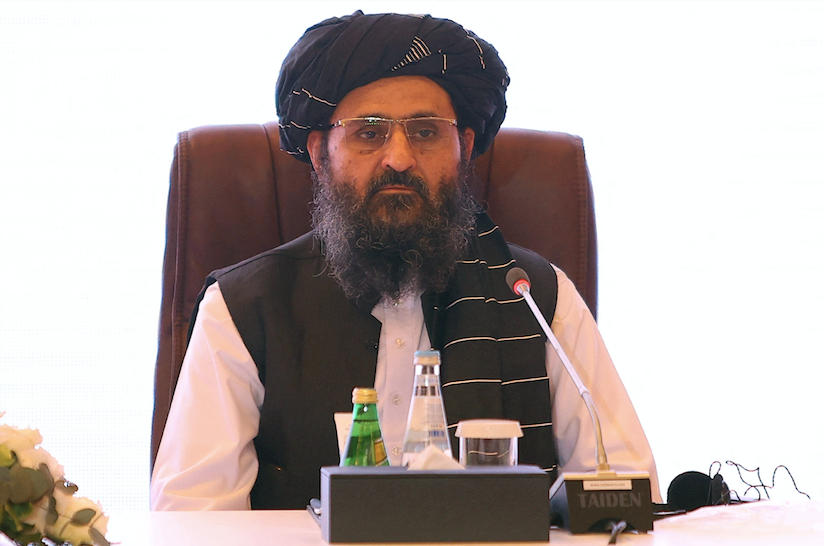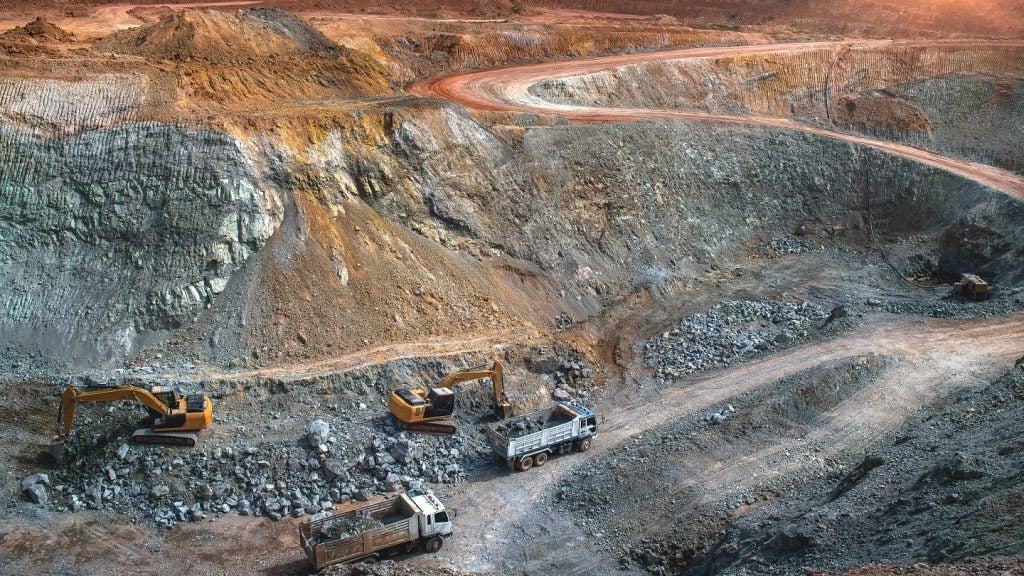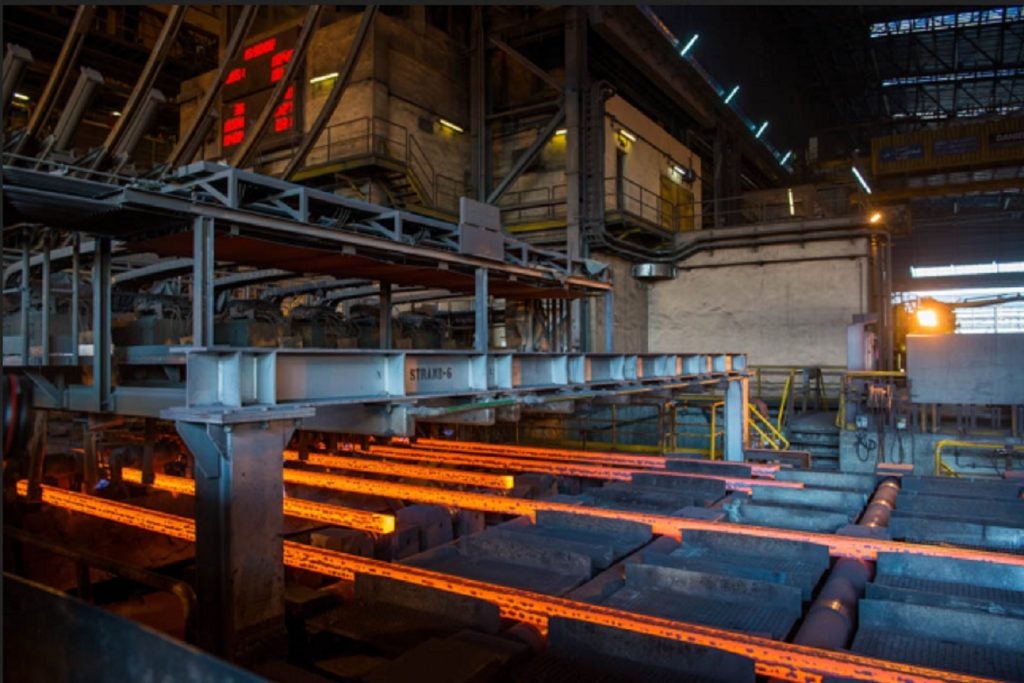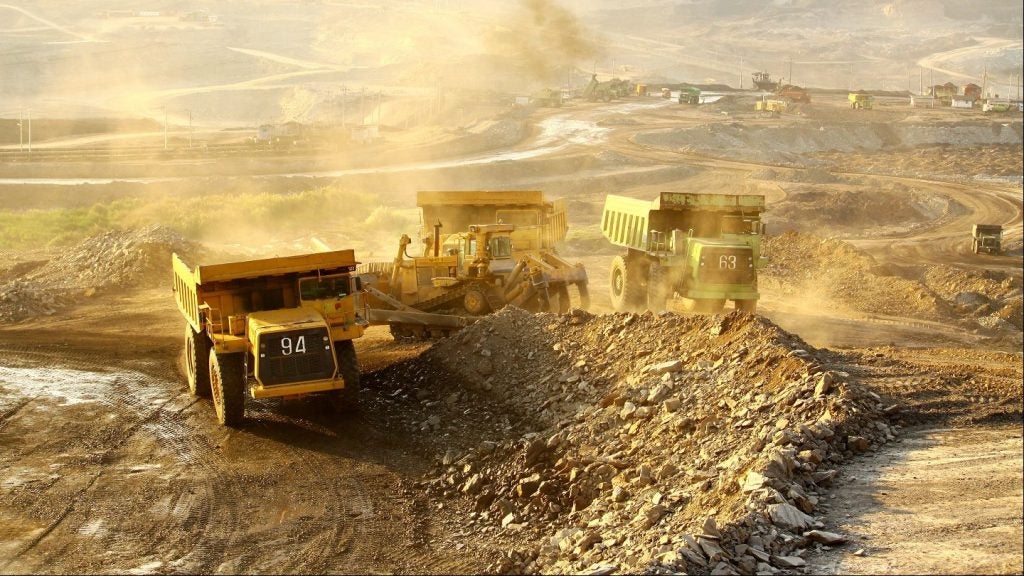The Taliban Government in Afghanistan said on Thursday it has signed seven mining contracts amounting to $6.6bn (Af527.37bn) in investment, a record round of such deals since it seized power in 2021.
The signing ceremony took place on Thursday in the presence of the Taliban Deputy Prime Minister for Economic Affairs and other officials of the group.
The Office of the Acting Deputy Prime Minister for Economic Affairs, Mullah Abdul Ghani Baradar Akhund, said in a statement: "A total of $6.6bn will be invested in these seven projects. This will create thousands of jobs and significantly improve the economic situation of the country.”
1/6: In the presence of Deputy Prime Minister for Economic Affairs Mullah Abdul Ghani Baradar Akhund, contracts worth $6.557 billion for seven large-scale mines were signed today, Thursday, August 31, between the Ministry of Mines and Petroleum and the winning companies. pic.twitter.com/xcnKhiEfvH
— د ریاست الوزراء اقتصادي معاونیت (@FDPM_AFG) August 31, 2023
The contracts include extracting and processing iron ore, zinc, gold and lead in four provinces – Logar, Herat, Ghor and Takhar. The seven contracts have been signed with locally based companies with foreign partners in Iran, UK, Turkey and China, Kabul Now reported.
According to the statement, the contracts include four blocks of iron ore in the Ghorian district of Heart province. The first block was awarded to Watan Dorokhshan Company.
The second block was given to Sahil Middle East Mining & Logistics Company, which has a local partnership with Dara-e-Noor and an international partnership with Epcol, a Turkish company.
A local company, Shamsh, with British companies GBM and AD Resources, was given the third block. Bakhtar Steel Company with Ahya Sepahan and Persian Iranian companies was granted the fourth.
In the Tulak district of Ghor province, a lead and zinc block was awarded to Afghan Invest Company.
Earlier this year, in January, the Taliban Government signed a deal worth $540m with China-based Xinjiang Central Asia Petroleum and Gas Co (CAPEIC) to extract oil from northern Afghanistan’s Amu Darya basin.
These extractive activities have garnered criticism from the public, who say that the Taliban is selling Afghanistan’s natural resources to foreign entities.
Afghanistan is rich in resources like bauxite, coal, chromium, copper, gemstones, gold, gypsum, iron ore, lead, lithium, marble, natural gas, oil, rare earths, sulphur, talc, travertine, uranium and zinc.
















